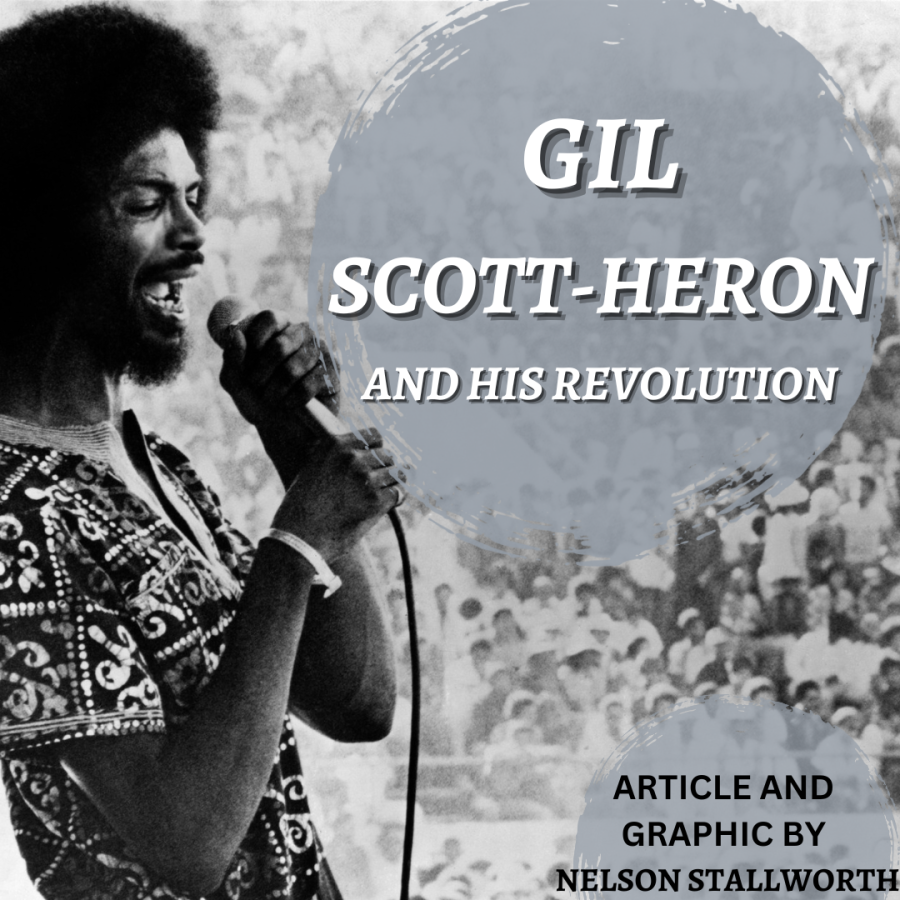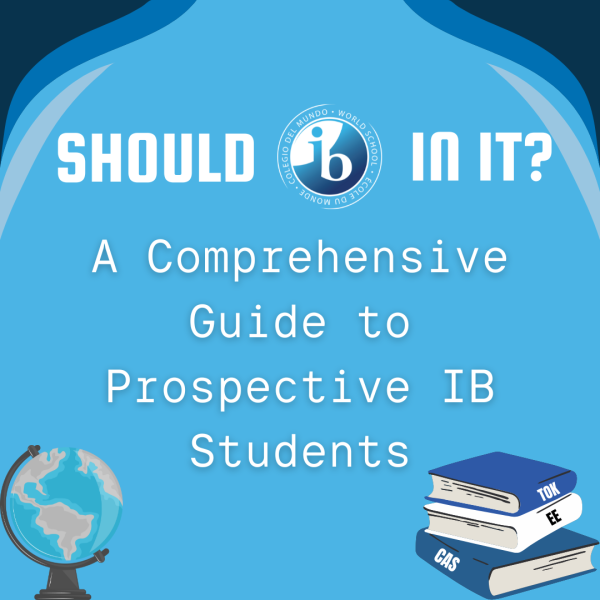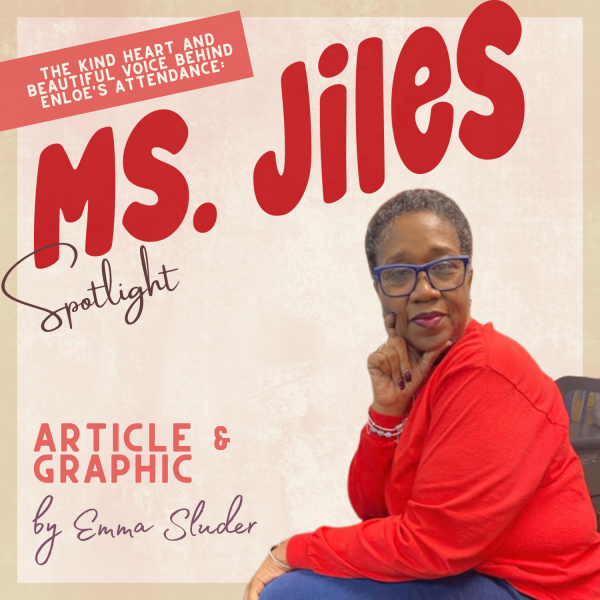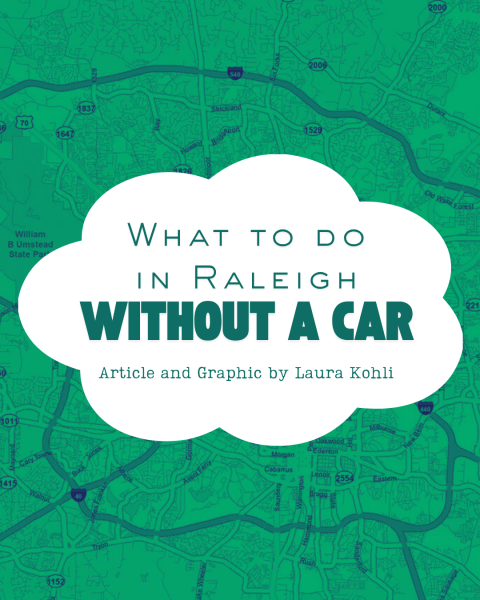Gil Scott-Heron and His Revolution
Gilbert “Gil” Scott-Heron was born to Bobbie and Giles Scott-Heron in August 1949. A renowned singer and poet, he was a prolific spoken-word performer during the 70s and the 80s. As a self-proclaimed “bluesologist”, his lyrical content centered on prevalent sociopolitical issues of the time. Specifically, Heron explored messaging related to the growing Black Power Movement (not to be confused with the Civil Rights Movement). Credited with influencing future genres like hip-hop and neo-soul with albums like Pieces of a Man (1971) and Winter In America (1974), his most important work by far is his 1970 magnum opus, The Revolution Will Not Be Televised.
Having since been immortalized as a slogan for black America’s general fight for equity, the phrase originated among civil rights campaign activists during the 1960s before being adapted to song by Scott-Heron. According to biographer Marcus Baram, he wrote the lyrics “while watching televised baseball games as a student at Lincoln University.” He was “inspired by his own couch potato behavior and called for black Americans to free their minds of trivial TV and focus on social change.” The song aimed to inspire Black people to stop waiting for change and to start actively working towards it. And inspire it did, because The Revolution Will Not Be Televised became an anthem for the Black Power Movement.
The song’s lyrical content is littered with 1960s-70s pop culture references, taking recognizable names and product slogans and flipping them on their heads using consumerist language to describe exactly what the revolution will not entail. Brian Jackson, a long-time collaborator with Scott-Heron, told Uncut magazine, “All these commercial products were being sold to us by using our own music and our own vernacular in many cases. It occurred to us that if they can sell things that we don’t need with popular music and popular sayings, why can’t we sell revolutionary thought in the same way?”
Despite its widespread renown, the song’s message is often misinterpreted. Many times, it’s quoted as “The Revolution Will Be Televised”, a gross misunderstanding of the song’s very essence. The revolution cannot be televised because the revolution that Scott-Heron prophesied isn’t a physical revolt, but rather a mental spark in the minds of the American people that results in the flames of change. As Scott-Heron himself says, “The song was meant to be satirical. Its lyrics refer to a mental, not militant, revolution.”
To him, the revolution will not unfold through a series of tweets or Instagram posts, and it can’t take place on TV, or in the news. On that “brighter day” Scott-Heron speaks of, something will finally click, and things will finally change. That will be the revolution. It will be unadulterated, uninterrupted, and most importantly, it will be live.
Your donation will support the student journalists of Enloe Magnet High School, allowing us to cover our annual website costs. We are extremely grateful for any contribution, big or small!

(He/him)
Nelson is a senior looking forward to another year as a part of the Eagle's Eye. When he's not hanging out with friends and family, he can...







